Battle of Plassey, Battle of Buxar, Warren Hastings, Regulating Act, Pitts Act
by Devender
0 3134
The Battles of Plassey and Buxar became the very reason for the British Empire's rule in India. The Battle of Plassey opened doors for the British empire whereas the Battle of Buxar made the East India Company very strong and eager to capture more lands of India.
Battle of Plassey:
The battle of Plassey happened in 1757 and the main reason behind this battle was the abuse of dastaks in inland trade and not paying duty by servants of the company. Sirajuddaula was the Nawab of Bengal, he along with French troops went to battle against Robert Clive.
They could easily have won it but the treachery of Mir-Jafar & Mohan Lal who were commanders of Nawab’s army, took victory away from them.
- Robert Clive won and marked the foundation of the British Empire in India
- After the win, Mir-Jafar was made the Nawab of Bengal
- He was just a puppet of Britishers
- He became the first titular Nawab of Bengal
- According to the Allahabad treaty, Law & Order was still kept under Nawab
- However, Diwani Rights were taken by the British to collect taxes on behalf of the Emperor from the eastern province of Bengal-Bihar-Orissa
- Moreover, the British were given the power to decide civil cases
- The reason for this battle was similar to the first battle, the abuse of dastaks in inland trade and not paying duty by servants of the company
- Another reason was Mir Qasim abolished all inland duties to place Indian merchants on the same footing as the English, which angered the British.
- He abolished the system of dastaks (free passes)
- He put a uniform tariff of 2.5 % for Indian and non-Indian goods
- He started the Annual lease/Izaredari system, under which the lands were sold to the highest bidder in Bengal
- In 1771, he created the office of DM for the first time
- He also founded the Calcutta Madrasa in 1781 for the promotion of Islamic studies
- It was the first educational institute set up under British rule.
- First Rohilla War:
- First Anglo Maratha War:
- Second Anglo Mysore war:
- Nanda Kumar was an influential official in Bengal who was hanged to death on the verdict of the Supreme Court of Calcutta over a petty offense of forgery. It was known that the Supreme court judge and Warren conspired to kill Nanda Kumar
- Heavy penalty on Raja Chait Singh of Benares was imposed for his delay in payment of tribute by Warren and he was disposed of in an unjust manner
- Warren Hastings helped the Nawab by sending his troops to the help of Nawab who squeeze money from the Begums
- Reasons:
- Changes:
- Decisions to be taken on a majority basis with Governor's vote as deciding vote in case of a tie
- It made the Governor-General supreme over other presidencies in peace and war
- It also established the Supreme court at Calcutta with 1 Chief Justice and 3 Judges which would be independent of the Governor-General
- It distinguished between the commercial and political functions of the Company
- It provided the power to the Court of Directors to make all recruitments in India
- It made Supreme Court for only British subjects
- It also established a system of double government and the British Government was given supreme control over Company's affairs and its administration in India
Battle of Buxar:
Battle of Buxar happened in 1764 where Nawab of Bengal, Mir Qasim & Nawab of Awadh, Shuja Uddaula & Mughal emperor, Shah Alam 2 went against East India Company under the command of Major Hector Munro. The result of this battle was also the same, East India company won which resulted in the treaty of Allahabad.
Robert Clive was in England during the Battle of Buxar and he returned in 1765. He became the Governor-General of Bengal and William Fort at Bengal was founded for governor.
First Anglo-Mysore War:
It happened between 1967 to 1969. In 1967, Mysore was under Hyder Ali and it was a very powerful state. In this war, Hyder Ali defeated the East India Company and the Treaty of Madras was signed. Hyder Ali almost occupied the whole Carnatic.
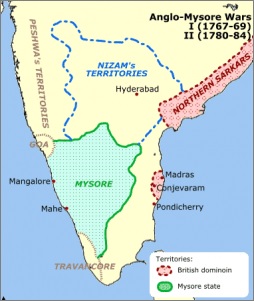
Warren Hastings:
He unified Diwani Rights, Cut Nawabs annual allowances, and established the Board of revenue whereas shifted the treasury to Calcutta which became the capital of Bengal in 1772. He also founded Civil and Criminal courts in each district whereas two Appellate courts were: Sardar Diwani Adalat for civil cases and Sardar Nizamat Adalat for criminal cases.
Wars by Warren Hastings:
This battle was fought between Sirajuddaula, Nawab of Awadh, and Rohilla, Afgas settled in Rohilkhand. The nawab of Awadh had the support of EIC. EIC sent their troops for the war and as expected Rohilkhand fell to Awadh. It was plundered and occupied by Awadh. This war became a huge topic during the impeachment of Warren Hastings.
It was fought between Maratha Leader, Mahadji Shinde and British forces at Wadgaon (Pune). English was crushed by Marathas and it marked a treaty of Wadgaon according to the conditions of the Marathas.
However, Warren Hastings held the Settlement of Wadgaon invalid. He cited that the Presidency of Bombay had no legitimate ability to sign such an arrangement.
The Calcutta Presidency sent another force that bothered Mahadji due to which another settlement called the "Treaty of Salbai" was endorsed between the British and the Marathas.
It was a very long war that carried for almost 4 years with no side emerging victorious. Haider Ali died in 1782 but the battle was still not concluded. However, a peace agreement was finally signed with Tipu Sultan on the basis of mutual restitution of all conquests. It was known as the Treaty of Mangalore.
Impeachment of Warren Hastings:
Warren Hastings was indicted in England on charges identified with the Rohilla War, the Case of Nanda Kumar, the treatment of Raja Chait Singh of Benares, and the pressing factors on the Begums of Oudh.
Regulating Act:
It was the first step of Government Control in India to control the affairs of the East India Company. It is known as the Regulating Act of 1773. It addresses the problem of management of the company in India and the problem of the Dual system of governance. It was to control the company which was so far a business entity but now becoming a semi-sovereign political entity in India.
It increased the term of Court of Directors from 1 year to 4 years with one fourth retiring every year & not eligible to participate in elections again. It made the presidencies of Bombay and Madras subordinate to the Presidency of Calcutta and the Governor of Bengal became Governor-General of Fort William for 5 years. There was a Council of Ministers of four people to assist the Governor-General of Fort William.
Pitts Act:
It came out in 1784 and reduced the Council of Ministers from 4 to 3. It asked for the formation of a Board of control with 6 Members appointed by the crown working alongside the board of directors where the Court of Directors would look after commercial functions & represented the company and the Board of control to look after political affairs representing the crown.

Share:

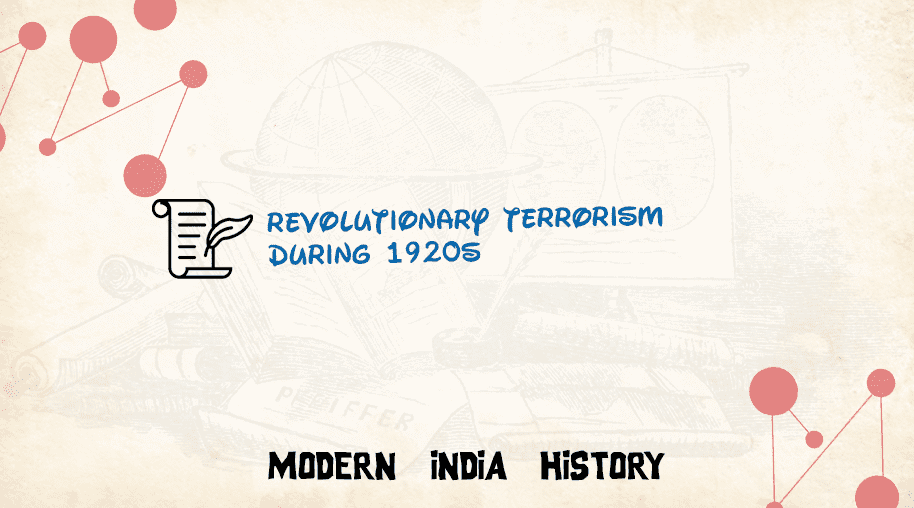
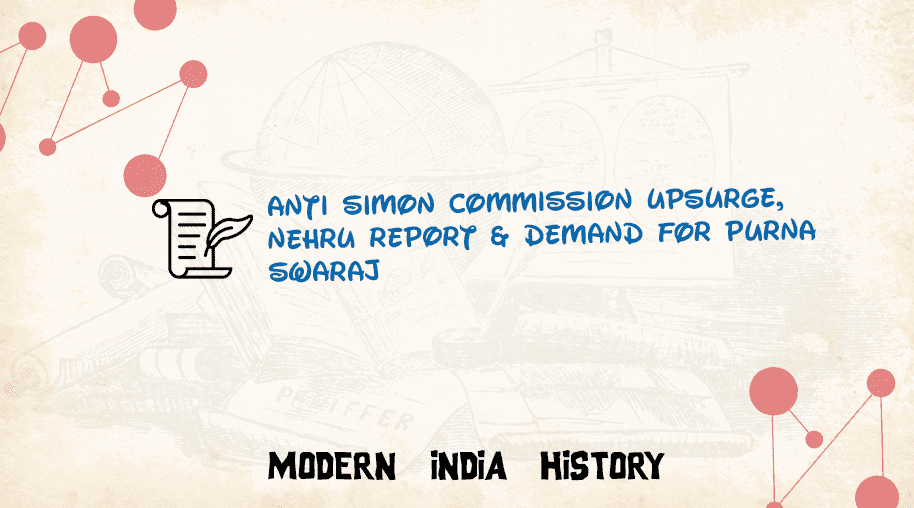
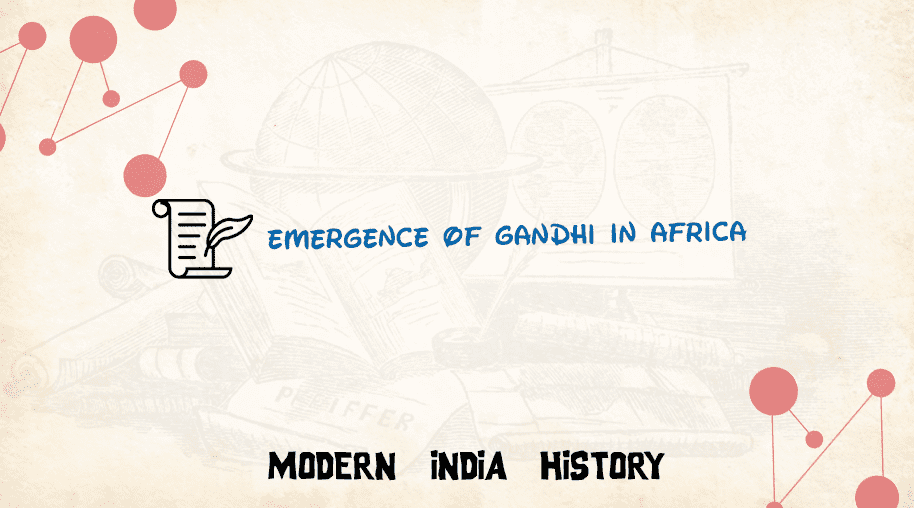
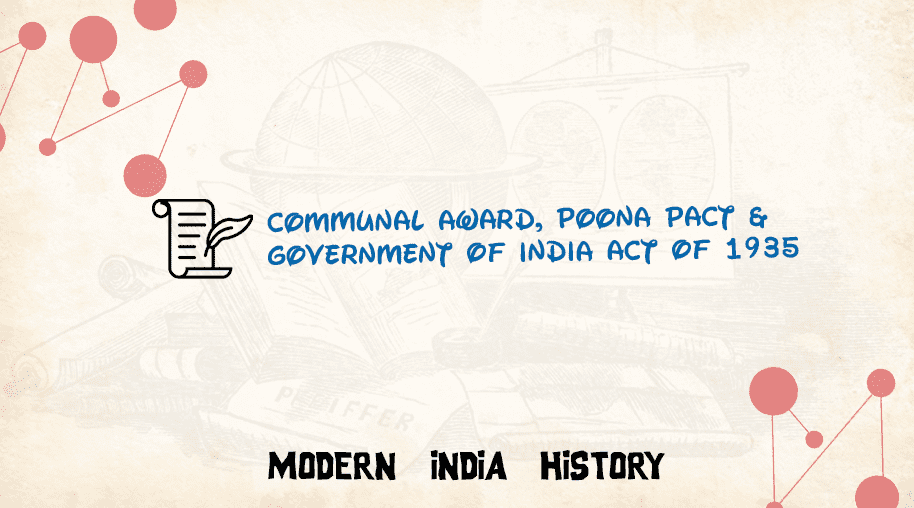


Comments
Waiting for your comments